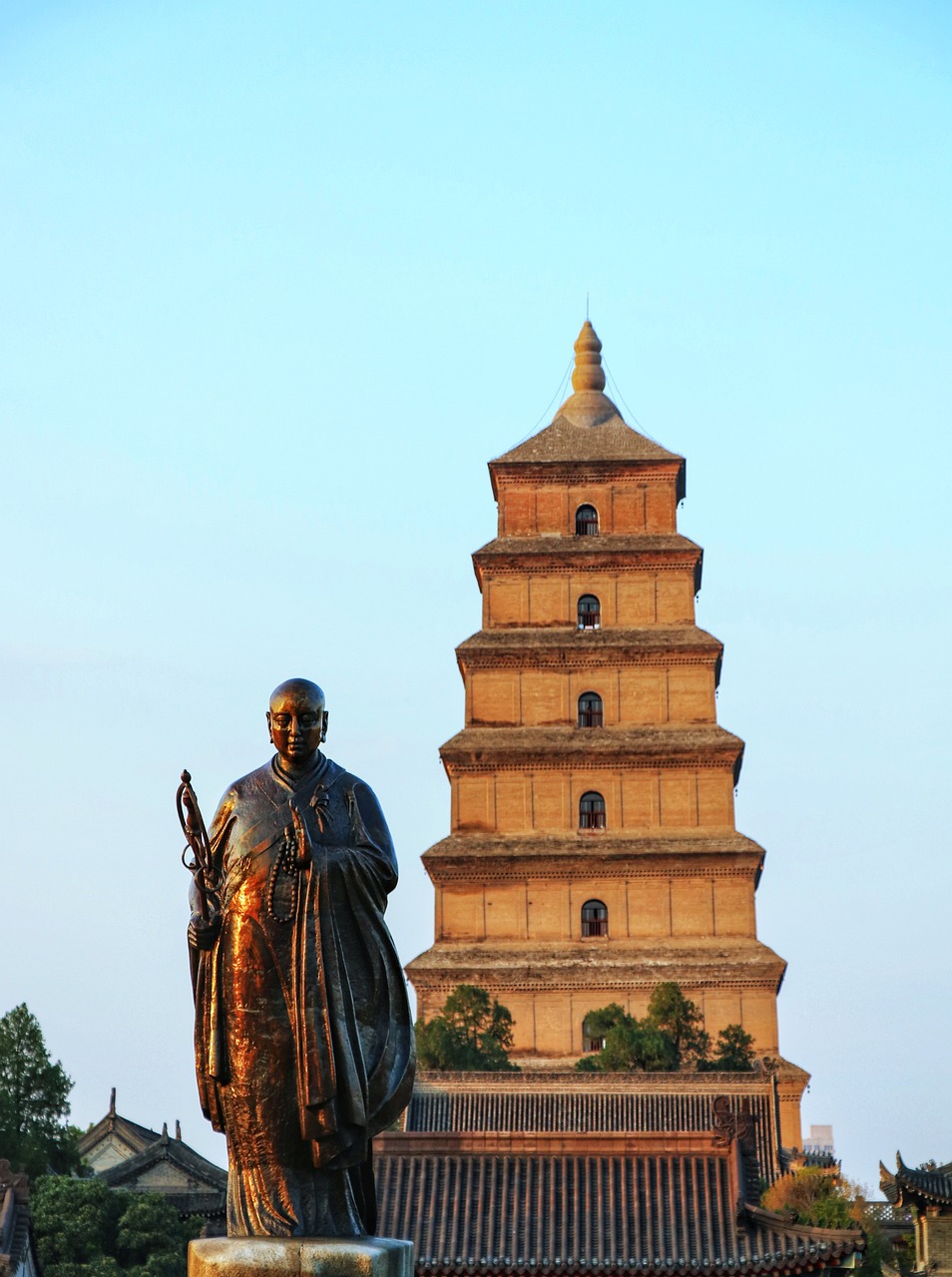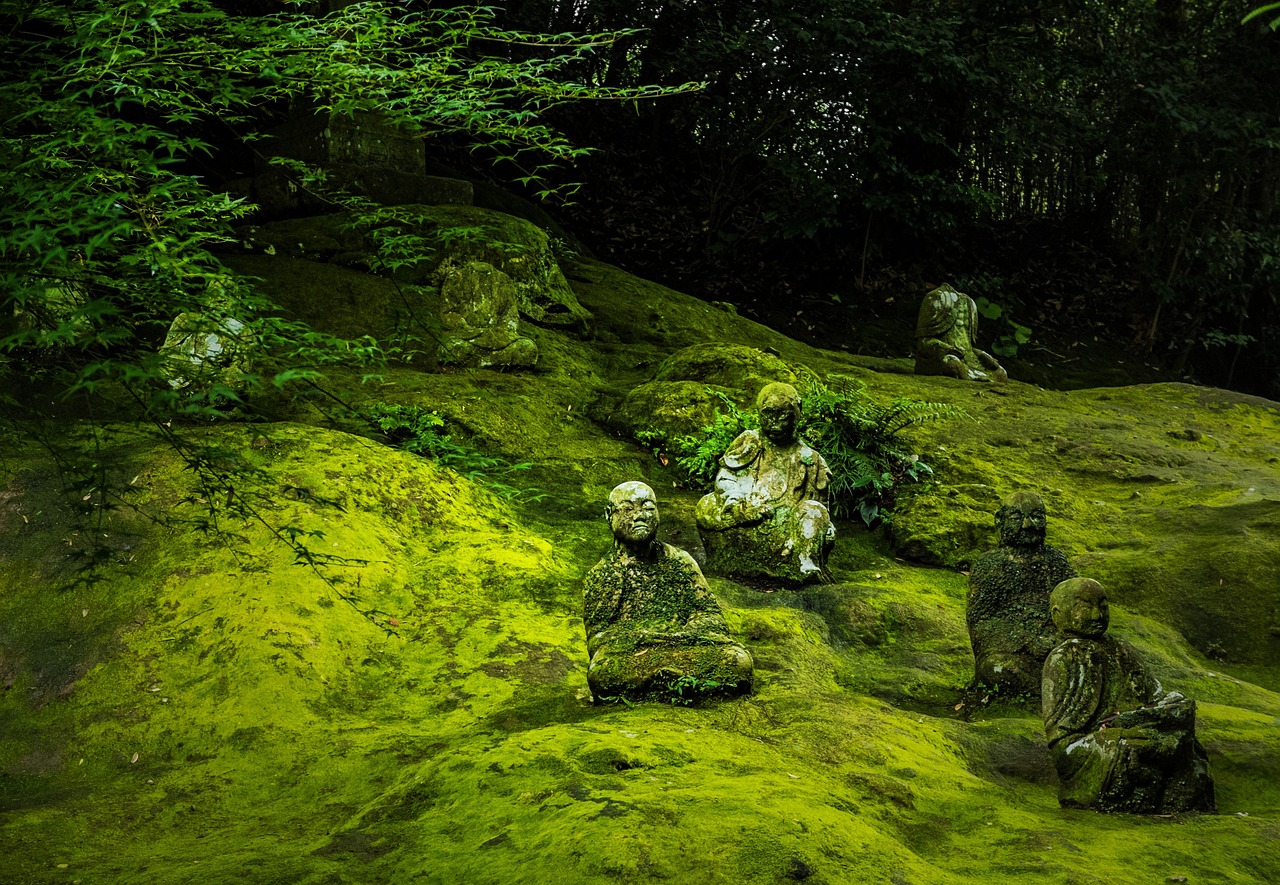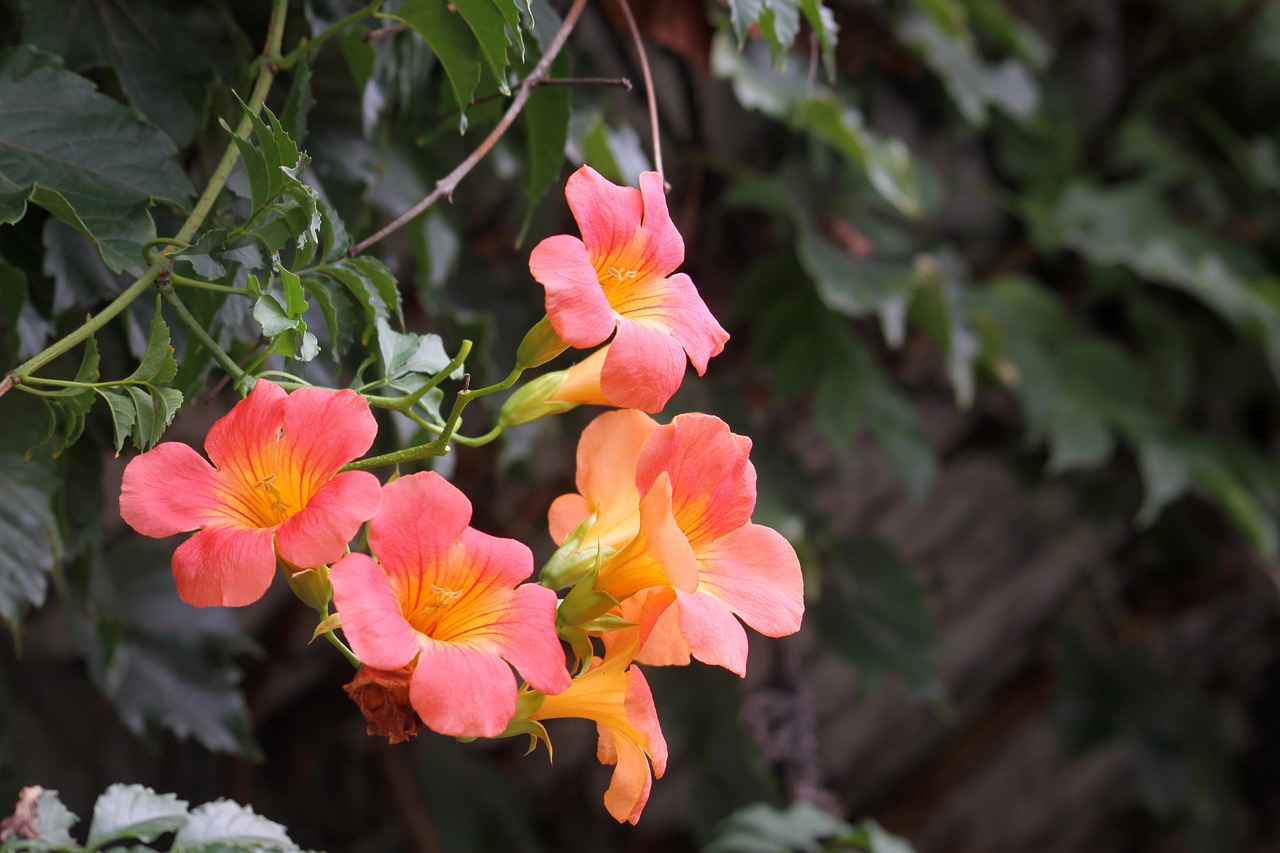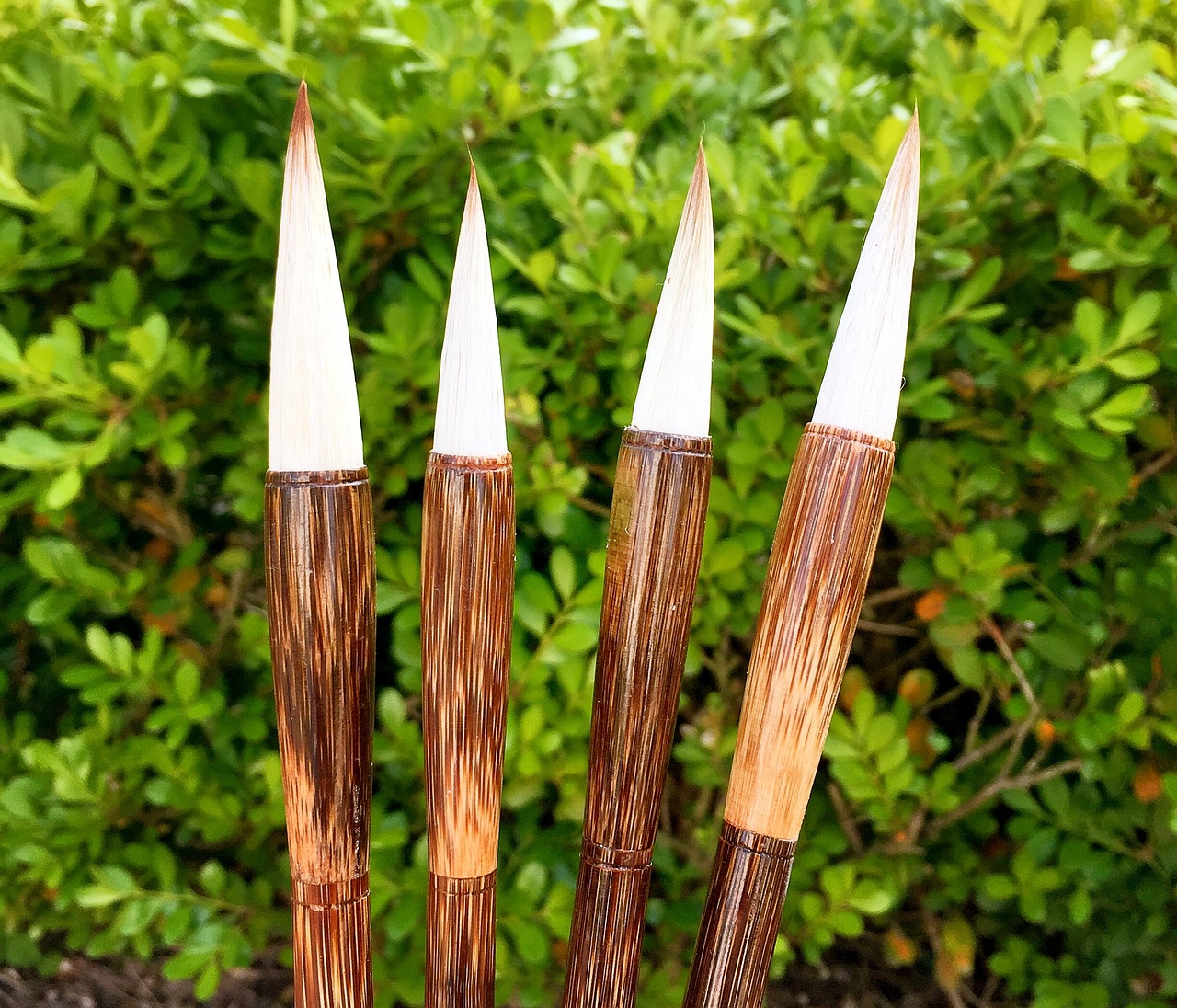Chinese Mythology
-

Xuanzang: The Monk Who Bridged Cultures The revered Chinese mythological tale, “Xi You Ji” (Pilgrimage to the West), has immortalized the figure of Tang Seng, a character inspired by the real-life monk Xuanzang (602-664). This remarkable figure made significant contributions to Buddhism and education throughout his life. Known also as Tang Sanzang, Xuanzang was a…
-

Epic Showdown: Sun Wukong vs. Hercules Wiz- Throughout history, humans have fantasized about attaining a god-like status—be it fame, fortune, or power. But what if such divinity was within reach? Boomstick- Hold onto your seats, because today we’re throwing two legendary heroes into the arena. Two champions who ascended to godhood! The Monkey King Wiz-…
-

Tang Sanzang, a pivotal figure from the classic Chinese novel Journey to the West, embodies the virtues of compassion and devotion. Created by Wu Cheng’en, the character draws inspiration from Xuanzang, a real-life Buddhist monk known for his pilgrimage to India. Character Overview Tang Sanzang, also referred to as Tripitaka, is a Buddhist monk who…
-
Zhu Ba Jie, popularly known as “Pigsy” in English, is a prominent character featured in the classic Chinese novel Journey to the West (西游记 xī yóu jì). Initially, he was a celestial being but was expelled from Heaven due to his lewd behavior. Similar to Sha Wu Jing (沙悟净 shā wù jì), Zhu Ba Jie…
-

Tang Seng, known in English as Tripitaka (唐三藏 táng sān zàng), stands as a central figure in the classic Chinese novel “Journey to the West” (西游记 xī yóu jì). The narrative chronicling his epic expedition involves traveling to India to procure a collection of sacred Buddhist texts, aimed at disseminating Buddhist doctrines throughout China. Accompanying…
-
Zhu Ba Jie: The Pigsy of Chinese Legend Name Origin and Meaning The character Zhu Ba Jie derives his name from various components: “Zhu,” a surname meaning “pig,” “Ba,” which signifies “eight,” and “Jie,” meaning “prohibitions.” This name was bestowed upon him by Tang San Zang when he became his second disciple. The “Eight Prohibitions”…
-

One of the most celebrated figures in literary history appears in the renowned Chinese classic Journey to the West (Xiyouji, 西遊記, 1592 CE). This epic recounts the escapades of Sun Wukong (孫悟空), also known as “Monkey,” an immortal simian with extraordinary abilities obtained through spiritual practice, who challenges the authority of heaven. Similar to figures…
-

Hi everyone! I’m Gray, a content creator hailing from China. It’s fantastic to see so many enthusiastic gamers engaging with this game and our culture! I realize the narrative of Journey to the West might seem complex to those unfamiliar with Chinese traditions, so I decided to offer a concise yet informative background to introduce…
-

The character of Zhu Bajie, known as the Marshal of the Heavenly Reeds, has a fascinating origin that intertwines with ancient beliefs and deities. This marshal, depicted in the prominent novel, has roots tracing back to shamanistic traditions, with the name “Heavenly Reeds” referring to “Heaven’s Mugwort.” The association with mugwort indicates its long-standing reputation…
-

The depiction of Zhu Bajie in literature portrays him as a reincarnated figure of the Marshal of the Heavenly Reeds, a general historically revered as a deity. His name hints at ancient shamanistic traditions, with a translation of “Heavenly Reeds” suggesting a reference to “Heaven’s Mugwort,” a plant believed to possess spiritual and healing properties.…


